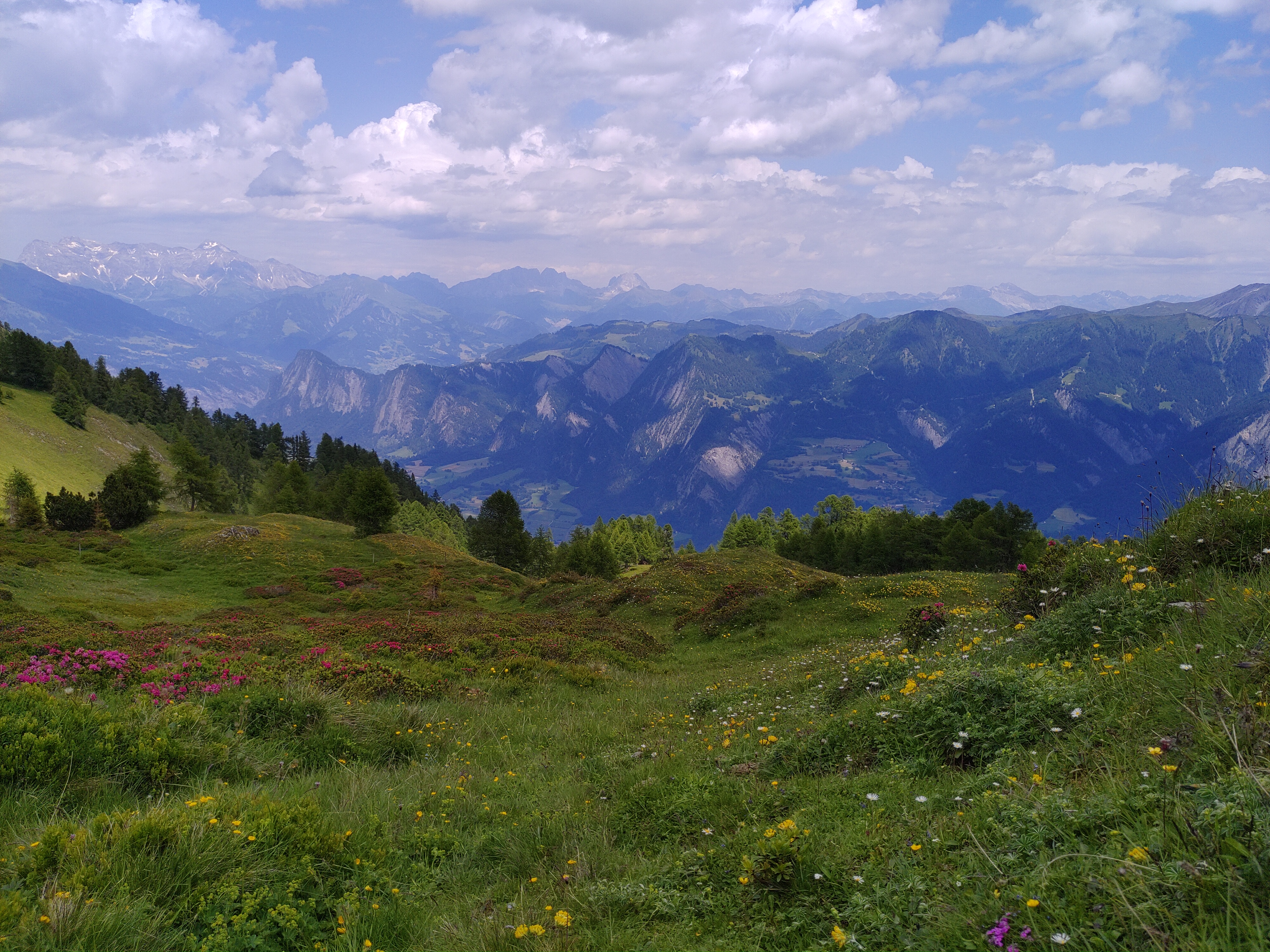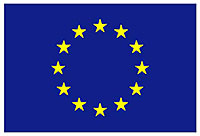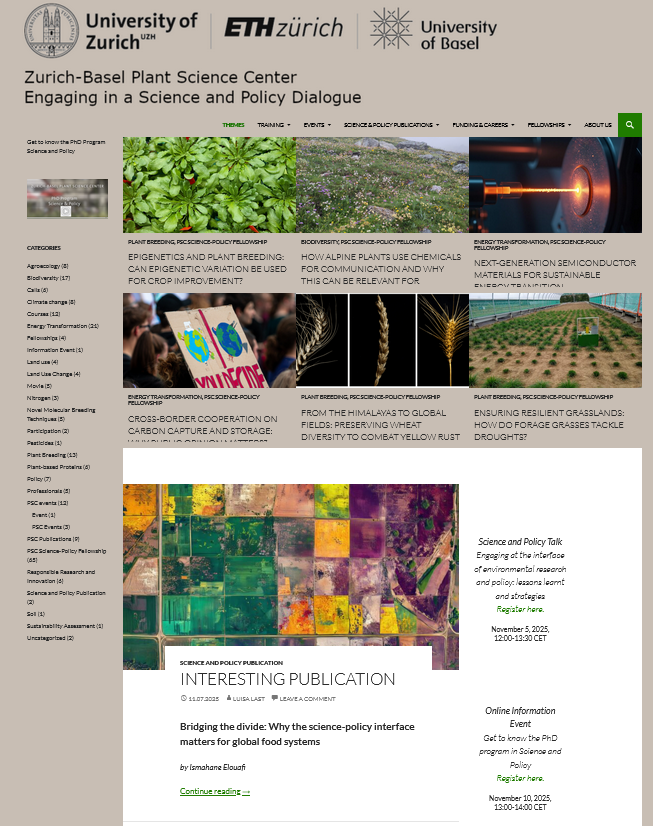Roles of Chemical Communication in Forming Plant-insect Networks in a Changing World

Fellowship Duration: Dec 2021 - Jan 2025
PhD Student: Roberto Rebollo Hernández
Principal Investigator: Dr. Pengjuan Zu, Biocommunication, Institute of Agricultural Sciences, Department of Environmental Systems Science, ETH Zurich, Switzerland
Project Partner: Luis Lietha, Office for Nature and Environment Grisons, Switzerland
Research Fields: Chemical Ecology, Network Ecology, Plant-insect Interactions, Information Theory
Project Description
Plant-insect interactions constitute a paramount component of ecosystems, and they play a key role in the maintenance of biodiversity, ecosystem functioning, and ecosystem services. In the context of rapid global change and biodiversity loss, a deeper understanding of plant-insect interactions is especially relevant. Extensive work in chemical ecology has demonstrated the critical role of chemical traits of plants in modulating these interactions, by either deterring or attracting particular insect species. Most studies in chemical ecology have been conducted on a few species at a time.
Biological communities, in contrast, are characterized by a diversity of species and interactions. However, the lack of practical and conceptual frameworks has hindered the development of scalable approaches capable of addressing community-level questions. For instance, what is the role of plant secondary metabolites in structuring species-rich trophic networks? To address this central question, our project will integrate an approach based on plant chemical traits, trophic networks, and information theory. Specifically, we are interested in the role of Volatile Organic Compounds (VOCs), and other traits that may convey information for insects (e.g., flower color), in shaping pollination networks in Alpine meadows.
Together with the Cantonal Office for Nature and Environment of Grisons (Switzerland), we will translate our research results into a factsheet with recommendations for the management of the Alpine vegetation, with a focus on the role of chemical diversity for the conservation of local biodiversity, and its potential link to ecosystem services (e.g., pollination). Additionally, we will create opportunities for dissemination of our results with landholders, local organizations, and citizens interested in conservation.
This fellowship is hosted by the Zurich-Basel Plant Science Center.
Activities and Publications
Doctoral thesis (ongoing)
Blog article (2025) on How Alpine Plants use Chemicals for Communication and Why this can be relevant for Conservation
Conference talk at the Biology23 (Geneva, Switzerland, Feb 2023)
Conference talk at the International Congress of Entomology 2024 (Kyoto, Japan, August 2024)
Conference poster at the Biology24 (Zurich, Switzerland, Jan 2024)
Fact sheet (2025) on Pollination and the chemical traits of flowers in alpine grasslands: their importance and potential for informing conservation (PDF, 1 MB)
Conference poster at the PSC PhD Symposium 2022 (Zurich, Switzerland, Dec 2022)
Interactive presentation and public outreach at Nachtaktiv on Plant dating (Zurich, Switzerland, Jun 2022)
Secondment
During the first part of his secondment, Roberto participated in a field course organized jointly by the Amt für Natur und Umwelt Graubünden (ANU) , the Bündner Naturmuseum, Pro Natura Graubünden and WWF Graubünden. This course took place during spring and summer 2022. It covered the identification of plant species in the field and on the ecology of vegetation types, with some content on the natural history of the Swiss flora and the human impact of land management. The field course took place in several weekends, travelling to different areas in Graubünden where Roberto discussed the local plant biodiversity, plant associations in the vegetation, and the landscapes and human impact. Together with the participants, Roberto collected some plant material for later identification and used taxonomic keys to classify the species. This training was extremely useful to understand the biological context of my field site and provided insight into the social dimensions of land management. Additionally, it was an excellent introduction to the alpine plant species, which was very useful for conducting the fieldwork necessary for my research.
This course and Roberto’s research will be the basis for a factsheet on the chemical communication between plants and insect pollinators being produced in collaboration with ANU.
Duration: May and June 2022, May and June 2024
Stakeholder Workshops
During his first stakeholder workshop titled Veranstaltung zur Moorregeneration Vorderalp, Roberto attended a discussion on the regeneration of shallow moorlands, including an explanation of their natural history, and a guided visit to an ongoing restoration project in the Vorderalp region. The event took place in Malans, Graubünden, close to the Vilan peak, on the 27th of July of 2024. The audience included representatives of the village of Jenins, Amt für Natur und Umwelt (ANU), and local citizens. During this workshop, Roberto had the chance to talk with different parties about the history, goals, and current situation of this restoration project. A key message of the workshop was the importance of finding compromises between human use of landscapes and conservation. Roberto learned that restoration efforts do not need to aim to recover the natural state of landscapes, but rather a state which contributes to ecological services and biodiversity protection. This also means that even if the original biotope was degraded, there are still paths toward a more sustainable use. Another message that some of the project leaders emphasized is that there is not one solution – the best strategy depends on specific cases.
For a second stakeholder workshop Roberto attended the Yearly meeting of the Beratungsgruppe Biodiversität Landwirtschaft (BBL), which was focussing on the management and biodiversity protection in extensive grasslands. It took place on the 2nd of July 2024 in Niederwil, Argau. The meeting was attended primarily by the members of Beratungsgruppe Biodiversität Landwirstchaft, as well as interested people. This event consisted of a theory session with presentations on the current research as well as strategies for grassland management, and a practical part including an excursion to grasslands under restoration in the vicinity of Niederwil and Mühlau. The meeting also included a field exercise on the evaluation of grassland quality. Roberto used the chance to discuss his project with some of the other attendants and learn about their perspectives on landscape management.
The meeting provided him with a glimpse into the current research on the topic, as well as into the challenges and opportunities for biodiversity protection. Regarding current research, Roberto was excited to learn about the role of cattle as part of managed grasslands, and the differences between types of cattle – for example, it was very striking to learn that different breeds of cows change the vegetation structure in alpine grasslands in different ways. One main takeaway was the importance of interaction between different groups related to biodiversity protection (ecologists, animal welfare workers, farmers, and government). For many of the research projects presented, these parties have taken advantage of the strategic situation of Switzerland. For example, globally relevant study systems are available due to the large and biodiverse areas used as alpine pastures, or the high number of transition areas between forests and grasslands. Furthermore, one aspect that was evident from this meeting is that biodiversity research can be difficult to carry out from a purely scientific interest (e.g., without a strategic priority for governments). However, the design and maintenance of long-term ecological experiments often require multiple actors, and they are crucial for the design of conservation practices.



